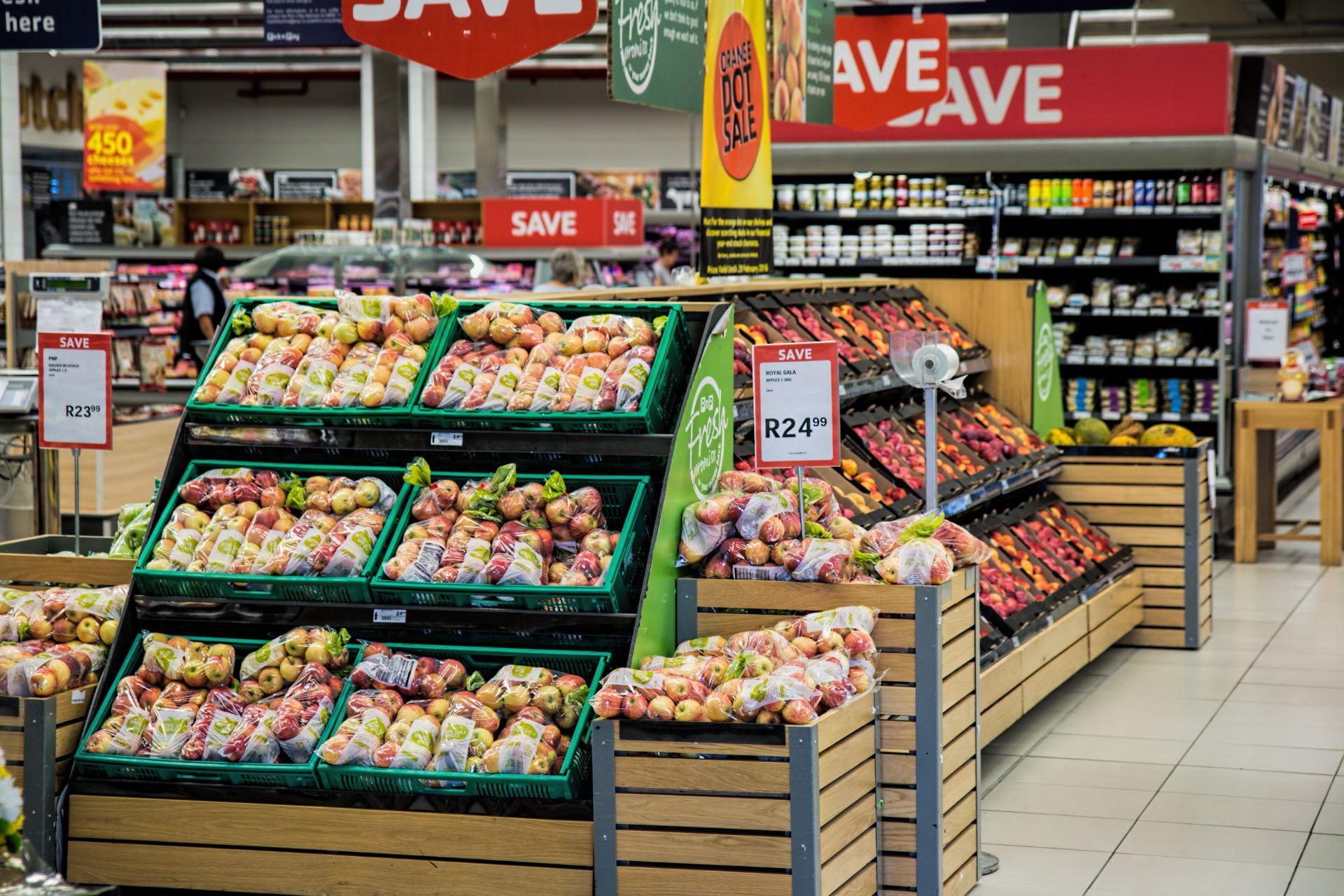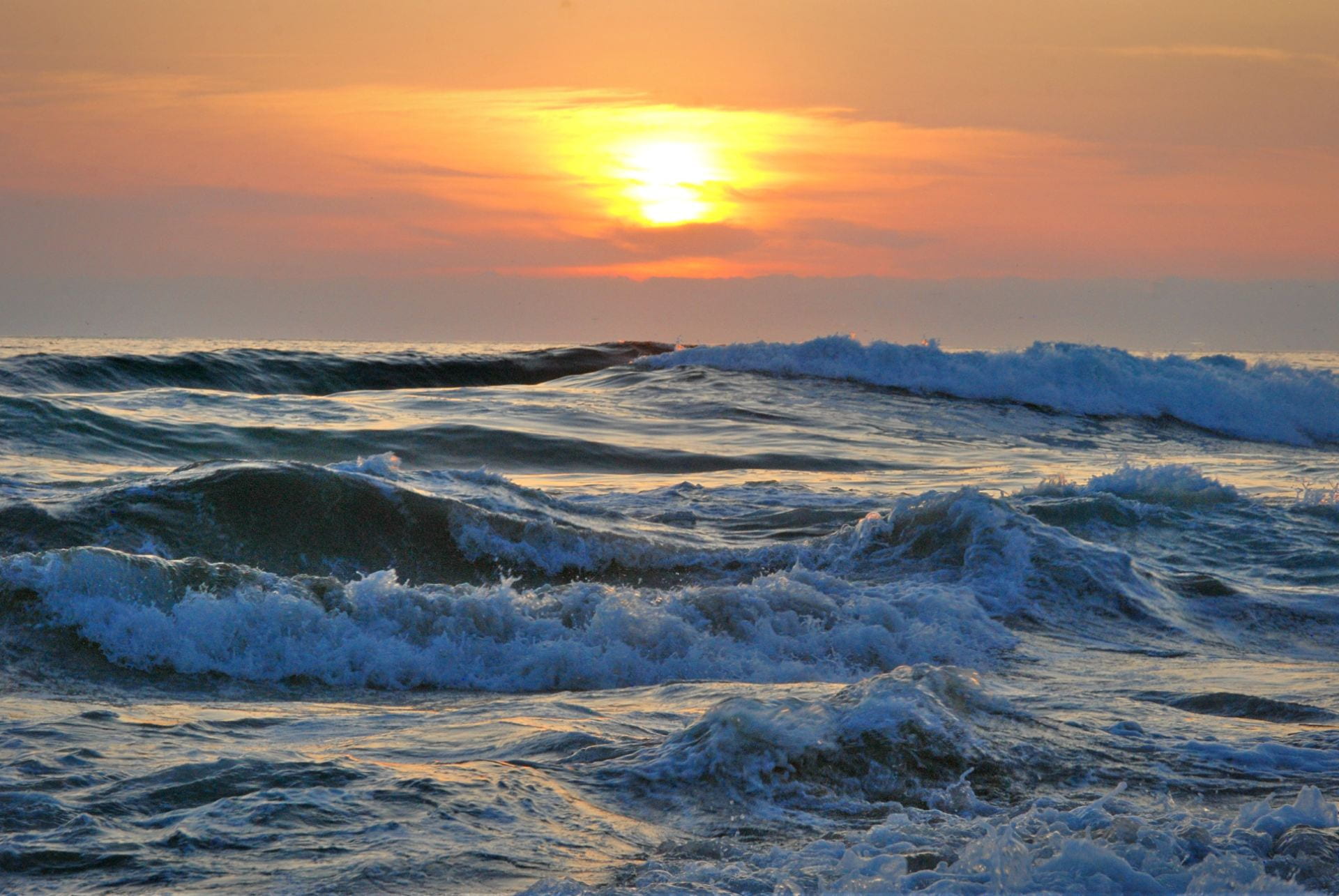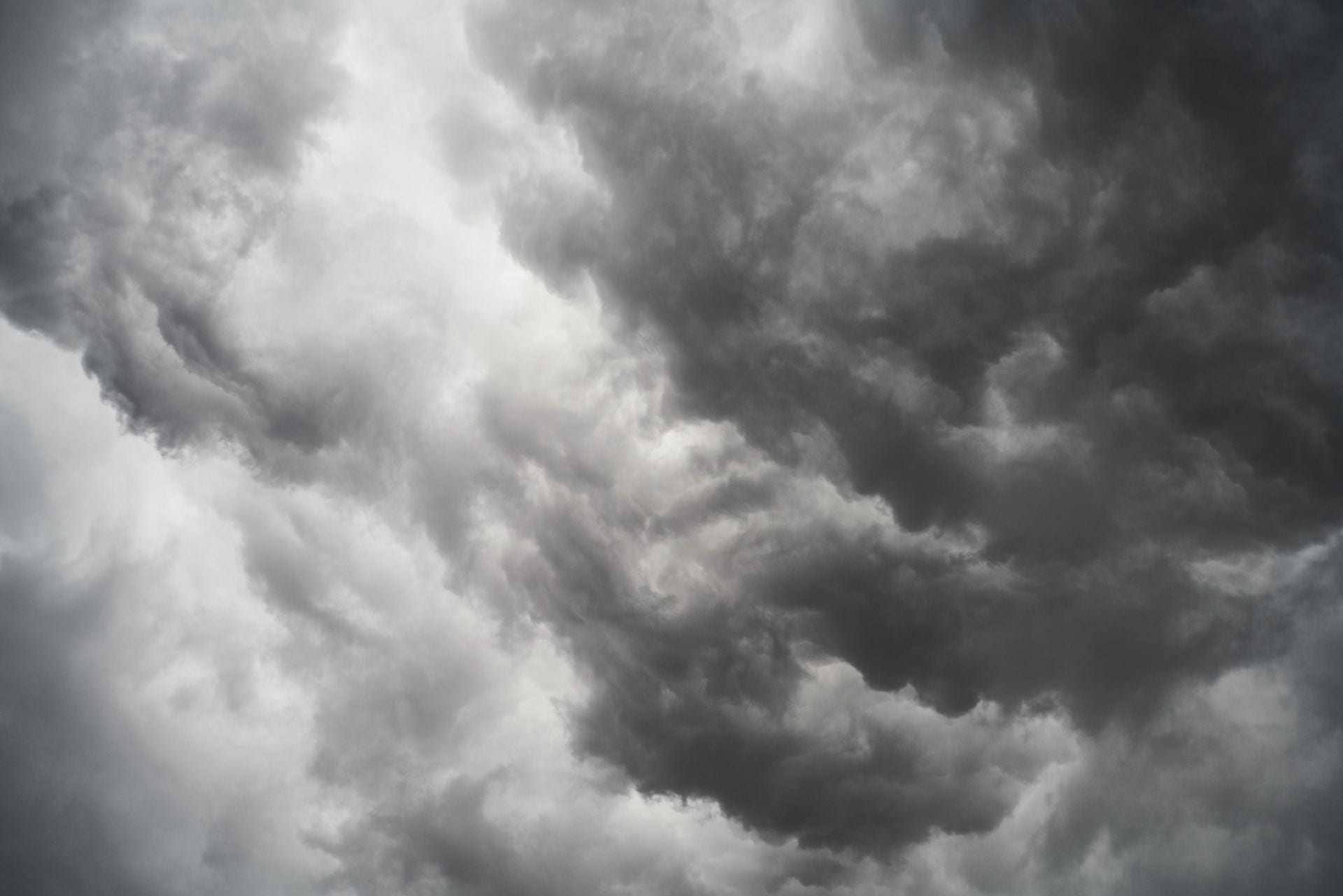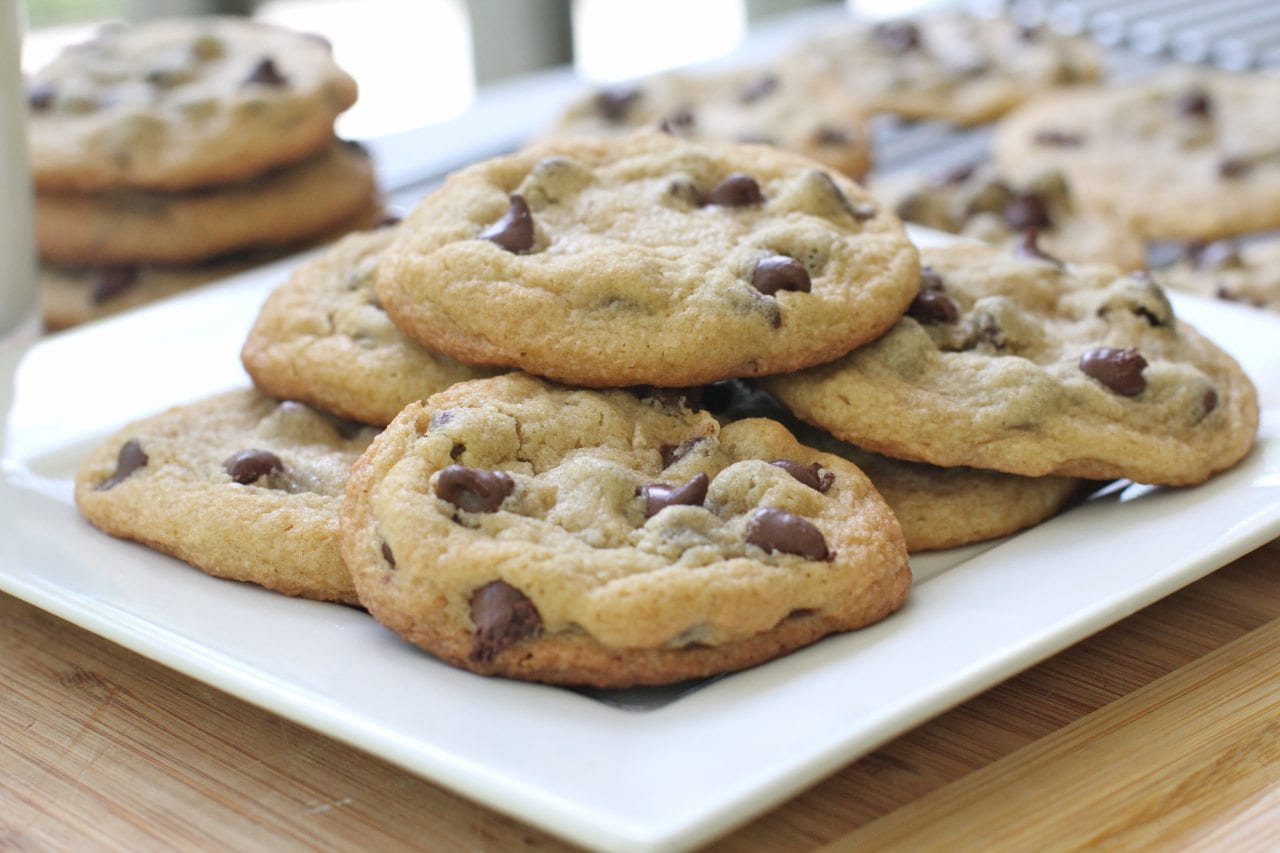By: Marissa Hawkins, Assistant Fiction Editor
It’s hard to think about a time before all of this: when we could go outside without wearing a mask and gloves, when we could hug without fearing sickness, when we could see our family in person and not through a zoom call. While some of us are getting used to this new norm, for however long we have to, some of us can’t stay at home.
Consider the cashier you saw at the grocery store before this all happened. Or maybe the mail person who comes to your door almost every day. What about the drivers of Amazon, FedEx, and UPS trucks? There are so many essential employees, and it’s horrible that only now are they being recognized as crucial. Before, I’m sure you saw a “Karen” in the wild, screaming for a manager. You thought it was normal, and it was. But after this pandemic started, did you start thanking the employees at those grocery stores? Did you start noticing them?
It’s not hard to pinpoint when the world decided to go to shit. It had started the week before spring break. That Monday, everything was fine. The world was as peaceful as it usually was, which wasn’t that peaceful. But toilet paper and hand sanitizer hadn’t yet became the new money system. That Monday, I had left the grocery store where I work to head to Urgent Care. Why? My sciatic nerve decided to be fucked up, and while waiting for a doctor, I noticed signs about COVID-19 posted everywhere. The novel coronavirus had taken over the medical world by this point, but it didn’t seem that bad. A guy had jokingly asked me if I believe this shit was real and if it would be bad. I looked him straight in the eye and told him I didn’t think it would last, that it would be just like the Swine Flu, that it would come and go as quickly as it appeared. I wish I had been right. He laughed, nodded his head, and said he hoped the same, before he was called back for whatever he came in for. I think about that moment, sometimes, wanting nothing more than to go back and change my answer. To tell him I wasn’t sure. Or even to tell him I believed it would only get worse. I know at the time I didn’t lie, because at the time I was still laughing about COVID-19 memes. Now, I scroll through Facebook and see nothing but death and destruction as the virus destroys our world.
Reality set in a few days later, on that Friday after classes had been canceled until spring break was over. I went to work at 4 a.m., like I always do—and it was packed. Like, usually a few people were shopping here and there, the normal people. But no, the parking lot was packed… at 4 a.m.! I could barely even find a parking spot. It was like when people learn about a snowstorm and stock up—but worse. It was as if people were told they would never be able to leave their house ever again. They took everything; the shelves were bare. Nothing but the things people would never dare to eat, like jars of pig feet. YES! Pig’s feet. I know, gross. But it was left there, surrounded by nothing but settled dust. The one gross reality of this pandemic is how much dust can be found on the shelves and how much mold can be found in the fridges that keep the eggs. I know you likely didn’t want to read that, but that’s the reality. I didn’t want to see it; you didn’t want to read it—well tough… if I’m going down, so are you.
Customers started turning into demons in desperate need of TP, and the employees started to see that the world was just a place and they were objects. And then, suddenly, the news showed that we were more than only slaves to the system. We were “essential.” Each week my boss sent out new changes to the policy, something that our union had worked so hard to get passed. Slowly, things in the store started to change. Now we couldn’t take returns or exchange, couldn’t offer rainchecks, weren’t allowed to bag groceries in any bags that customers brought in. There were so many more rules, until eventually they put up plexiglass barriers and gave us masks and gloves. Why did it take so long? Well, they waited for an employee at one of its stores to die until they’d protect us. I was reading the article about the employee who died. Her immune system was compromised, but she loved her job—and her death triggered the debate: are we essential or sacrificial? And if I’m honest, I’m not entirely sure I know that answer. But I’m starting to lean toward sacrificial, especially since people getting unemployment are getting paid more than essential employees are right now.
Most people already knew that they were getting fucked over by the minimum wage. Why else would I be striving to get out of that shit job? I was supposed to graduate from Towson University, find a job (where I didn’t have to work on weekends), and quit working at the shitty grocery store before Thanksgiving. But as time slowly trickles away, the world remaining in never-ending panic, a part of me fears that I will be trapped at a job I hate for longer than I intended. What if we stay this way until 2021? Or even in 2022? This is what doctors are predicting because some Americans are so fucking stupid and don’t want to listen. Instead, they protest about opening the world back up. They believe this is some sort of thing to push Trump up the polls. Or even that it’s all fake. I don’t know about you, but this feels real. Too real for comfort. And I just want it to end. I want to go back to the time when the world was peaceful, but I also hope that we change the world. I want to see a world where everyone realizes that we have fucked up, that we need to fix how we act, how we treat others. Because if working during this pandemic has taught me anything, it is that a lot of people are assholes.
My boyfriend, right now, works as a counter outside of our store. The limit of people allowed inside is 20% of capacity. Guess what that is? 117 people! That is still too many people, and they don’t even follow the directional signs (so that they flow correctly) and they don’t remain 6-feet apart. What’s funny about that, though, is they don’t care in the aisle, but once they get to the register, they scream if someone is too close to them. But that is a story for another time. Back to what I was really about to say. My boyfriend told me that the other day, he was telling people that they were only allowed inside if they wore a mask or somehow covered their face, either with their jacket or shirt. Simple, right? It makes sense, right? Well, some fucker told him, “I don’t have a mask,” and simply ran inside the store, not caring about them or anyone else for that matter. What’s funny is security couldn’t do anything. They can’t do anything. My boyfriend can’t stop customers from entering. The employees can’t ask customers to leave if they don’t have their mouth and nose covered. It’s just a front to show that we are doing our part. But once you get inside, we can’t do anything. We can’t force anyone to follow the signs, to cover their faces. We can only make suggestions. Funny enough, though, when the same guy exited, the security guard stopped him and told him next time he came, he needed a mask and then sent him on his way with a fake retail smile.
The grocery store chain’s executives may seem to pretend they care on the outside, and the union may say they are trying everything in their power to protect us. But they don’t. We are nothing but sacrificial lambs to them. They pretend to give us protection, they gave us a raise of 10% until this is all over, gave us a coupon for $20 off our next order. But they don’t care. I was talking to the manager, and all he got was an extra day off for that week. He got nothing else. They don’t care. They only care about the money this pandemic has brought in, even with the lack of product. AND DON’T EVEN GET ME STARTED ON THE LACK OF PRODUCT! We still don’t have toilet paper or paper towels, the Lysol section is empty, as is the hand sanitizer. And the entire frozen section is bare because they keep canceling the trailer. Because of the pandemic, we can’t even order what we need. They just send us a truck of rationed supplies that they sent to other stores, in our chain, in Maryland. So, if a customer asks when we’ll get something in, the answer is “who the fuck knows” or a shrug. And then they get pissed at us because we don’t know. I heard the store manager saying that she has gotten blamed for our store not having products; the front-end manager even got yelled at and accused that we weren’t allowed to take returns that have left the store. And if you thought grocery store employees were abused before, you have not seen it during this last month. We have been screamed at, berated, and drained of all our energy. Even when I work four hours at work, I feel as if I had been there all day. I’m exhausted, I don’t have the energy, and it’s worse than it was before.
This past week, I took a vacation. I had planned to take it before this shit happened only to have to deal with school and be able to sleep in. Because of this pandemic, I used it to clean my room. From the 15th until the 22nd of April, I deep cleaned my room from top to bottom. I dusted, I swept/vacuumed, and placed some things into storage. I couldn’t be prouder. But now, as I sit here typing, I realize my impending doom. I go back to work tomorrow. I must go back to Hell and deal with trash. I must go back to wearing a mask on my face and fogging up my glasses. I must go back to being yelled at by customers for not having the golden TP. I don’t know how much of this I’ll be able to take before I snap, especially after being at home for a week. Going back to the flow of things will not too easy, especially with no flow to be had.




